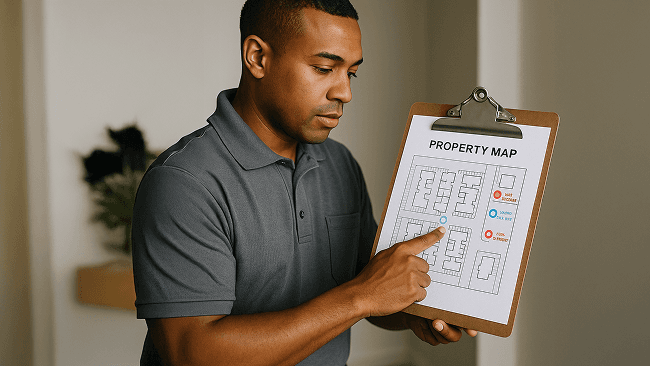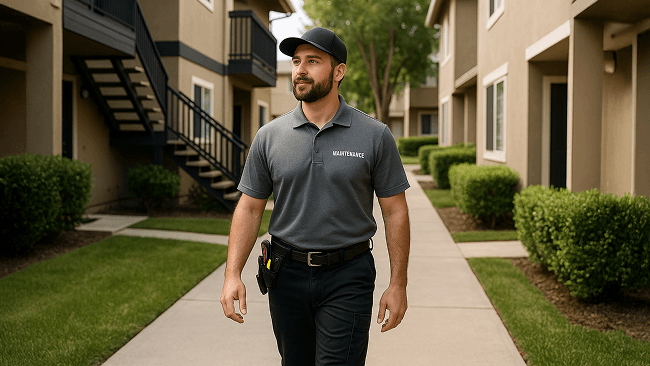De-Escalate at the Doorway
What do you do when you knock on someone's door and the resident is very upset? Well, the first rule is don't make anything worse. Instead of reacting and matching their energy, it's very important that you gr you have a sense of calm, that you lower your voice, and there's something called an a ER approach.
The first one is acknowledgement. Acknowledge. I understand that you're frustrated. I completely understand. If I were you, I would feel the same way and then empathize with them. It's, I understand completely. You should be upset. We should have done a better job and we didn't. And quite frankly, I'm a little bit embarrassed, but if you don't mind, I'd like to make it right and do my very best for you.
Now, is that okay? And then reassure them. I'm just glad that you called and let us know. So we can take good care of you and you deserve that. And then once the problem is solved, you find a solution, whether it's permanent or permanent or temporary. Reassure the person you know. I'm really glad that you counted on us.
Sometimes unexpected things happen, but I'm really glad that you called that you let us know that we got to talk today. I. That we took care of it. So have a positive framing. Reassure the person and remember, they're not frustrated at you personally. They're frustrated at the situation. And the more that you can deescalate and add a sense of calm to the chaos, empathize with them as a human being and understand it's okay to be frustrated, find a solution, and reassure them that everyone is always going to do their best for them.
You'll be much more appreciated by the resident and everyone on your team.




